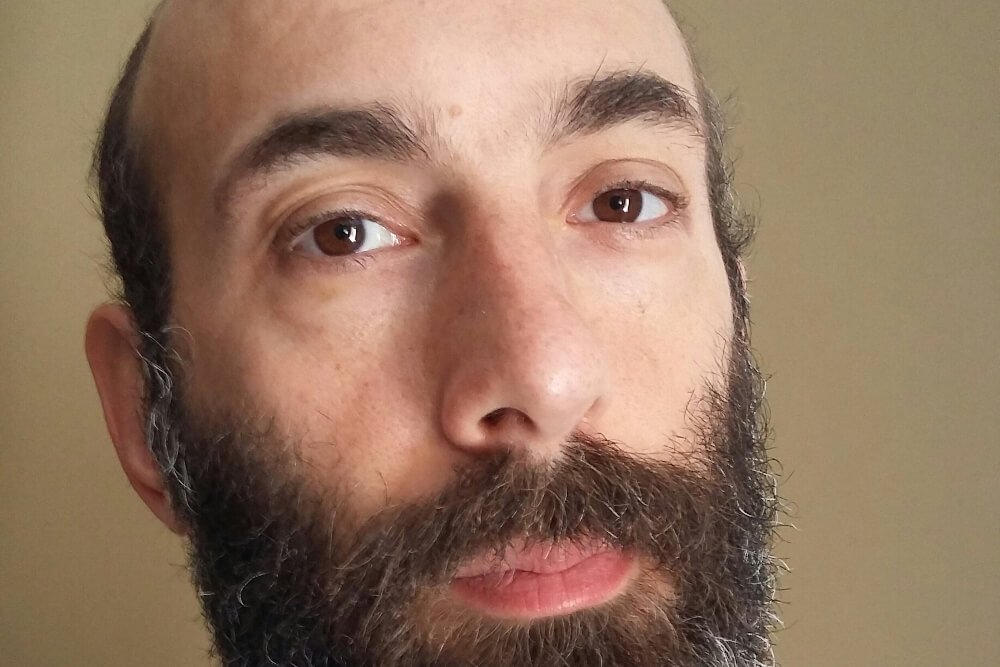Victor Pereira

Economia e Sociedade
Contacto:
victorpereira_ihc@fcsh.unl.pt
Biografia
Victor Pereira é doutorado em História Contemporânea pelo Institut d’Études Politiques de Paris (2007). Professor Auxiliar na Université de Pau et des Pays de l’Adour entre 2010 e 2021, é actualmente Investigador Principal no Instituto de História Contemporânea.
Integra o conselho de redacção de várias revistas científicas (Lusotopie, Histoire@politique, Análise social, Exils et migrations ibériques au XXème siècle). Coordenou, com Nuno Domingos, o livro O Estado Novo em questão (Edições 70, 2010) e publicou A ditadura de Salazar e a emigração. O Estado português e os migrantes em França (1957-1974) (Temas e debates, 2014). Colaborou com o Musée National de l’histoire de l’Immigration (Paris) e participou na construção de exposições (Refuser la guerre coloniale, Paris, 2019, 1940 : l’exil pour la vie, Bordeaux, 2020-2021).
Áreas de Investigação
- Migrações
- Exílio
- Estado Novo
- História do desporto
Publicações destacadas
- Pereira, Victor. “Les Portugais en France pendant mai-juin 1968,” Revista de História das Ideias 38 (2020): 269-305. [PDF]
- Pereira, Victor, “Portugal and Human Trafficking (1822–2018),” in The Palgrave International Handbook of Human Trafficking, editado por John Winterdyk e Jackie Jones, 355-364. Basingstoke: Palgrave Macmillan, 2019: https://doi.org/10.1007/978-3-319-63192-9_115-1. [link]
- Pereira, Victor. A ditadura de Salazar e a emigração. O Estado português e os seus migrantes (1957-1974). Lisboa: Temas e Debates, 2014. [link]
- Pereira, Victor. “Emigração e desenvolvimento da previdência social em Portugal,” Análise Social 192 (2009): 471-510. [PDF]
Projectos principais
- Investigador principal do projecto “Whites who sell everything’. Portuguese shopkeepers in Rio de Janeiro, Kinshasa and Paris (XIXth-XXIth century)” — Acolhido pelo IHC – NOVA FCSH e financiado pela Fundação para a Ciência e Tecnologia (2020.03576.CEECIND). 2021-
- Investigador no projecto “RECURUT – Recuperación histórica de las rutas migratorias” — Coordenado por Roberto Ceamanos Llorens e Julián Casanova (Universidad de Zaragoza) e Laurent Jalabert (Université de Pau et des Pays de l’Adour) e financiado pelo programa POCTEFA – Programa INTERREG V-A España-Francia-Andorra. 2014-2015 [link]
- Coordenador do projecto “Além do fracasso e do maquiavelismo. A emigração irregular portuguesa para a França, 1957-1974” — Acolhido pelo IHC – NOVA FCSH e financiado pela Fundação para a Ciência e Tecnologia (PTDC/HIS-HIS/103810/2008). 2010-2013
- Investigador no projecto “A Formação do Poder de Estado em Portugal: Processos de Institucionalização de 1890 a 1986” — Coordenado por José Neves (IHC – NOVA FCSH) e financiado pela Fundação para a Ciência e Tecnologia (PTDC/HIS/HIS/104166/2008). 2010-2013
- Investigador no projecto “Imaginando o Portugal Moderno? O papel do futebol na construcäo de comunidades e “Portugalidade” em seis contextos diaspóricos” — Coordenado por Nina Clara Tiesler (ICS – ULisboa) e financiado pela Fundação para a Ciência e Tecnologia (PTDC/SDE/75437/2006). 2007-2010
Pesquisa
Agenda
março, 2026
Tipologia do Evento:
Todos
Todos
Apresentação
Ciclo
Colóquio
Conferência
Congresso
Curso
Debate
Encontro
Exposição
Inauguração
Jornadas
Lançamento
Mesa-redonda
Mostra
Open calls
Outros
Palestra
Roteiro
Seminário
Sessão de cinema
Simpósio
Workshop
- Event Name
seg
ter
qua
qui
sex
sab
dom
-
-
-
-
-
-
1
2
3
4
5
6
7
8
9
10
11
12
13
14
15
16
17
18
19
20
21
22
23
24
25
26
27
28
29
30
31
Não Existem Eventos
Notícias
VINCULUM — Um fim e um novo começo
Fev 24, 2026
A FCSH acolheu a a sessão de encerramento do projecto VINCULUM
Em Março, Lisboa é a Capital da Intriga Internacional
Fev 21, 2026
Entre 2 e 31 de Março, na Cinemateca Portuguesa
Anita Buhin está em missão de investigação em Itália
Fev 20, 2026
É Investigadora Visitante no CAST da Universidade de Bolonha




